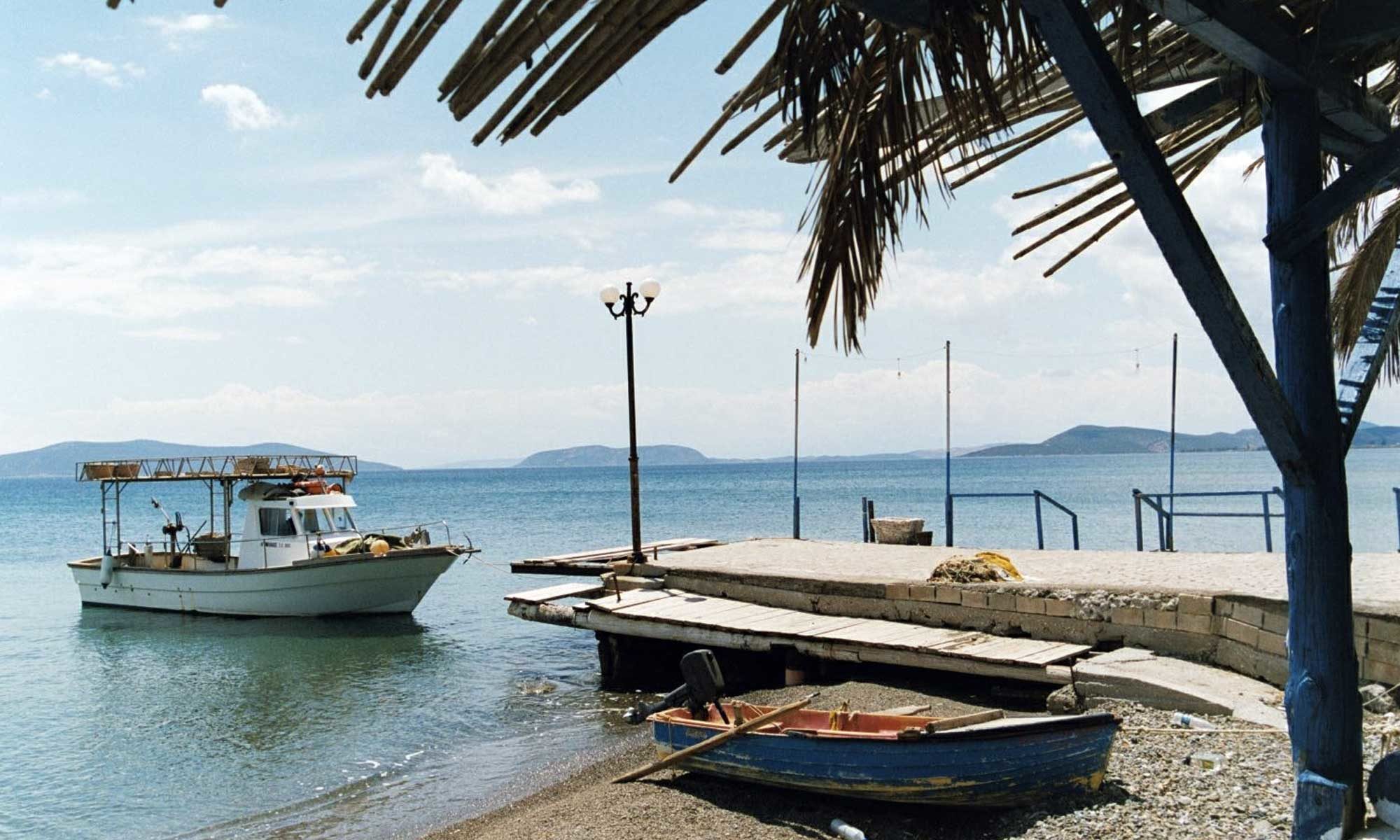Now that the sun is out, it seems like a good time to mention some great news: olives and olive oil can help prevent skin cancer.
We know that those robust, disease-free people in the Mediterranean have low rates of cancer of all types, and that an important reason for this is their habit of eating olives by the handful and drizzling olive oil over everything. (1)So it stands to reason that this would be the case with skin cancer too, especially given the low rates of skin cancer in southern Mediterranean countries. (2)
Recent studies suggest that olives and their oil do indeed help protect against skin cancer, whether you consume them or put the oil directly on your skin. When oleocanthal from olive oil was applied to human malignant melanomas, it was found that it had anti-cancer activity, thought to be due at least partly to its anti-inflammatory effect. (3)Olive oil has also been found to significantly reduce the risk of skin cancer in mice when applied topically after exposure to UV rays. This is thought to be due to the powerful antioxidants in olive oil which have anti-inflammatory action and also reduce DNA damage. Olive oil contains a range of antioxidant polyphenols as well as vitamin E which itself has been found to help prevent skin cancer. (4)
Another way in which olive oil helps prevent skin cancer is by increasing our absorption of carotenoids, the fat-soluble antioxidants which give orange and red fruit and vegetables their colour and which are needed by the fatty parts of our cells. Laboratory research shows that carotenoids and vitamin A, which is made in our body from carotenoids, help prevent skin cancer and a study of 69,635 adults also showed that vitamin A supplements prevented melanoma. (5)
This does not mean that we should all go out and fry ourselves in the sun and then expect olive oil to offset any damage. We need some sunlight in order to get enough vitamin D, itself an extremely important nutrient for immunity and which has a strong anti-cancer effect, but excessive exposure to strong sunlight should be avoided.
By writer and nutritionist Sally Beare
References
- Theodora Psaltopoulou, et al (2011). Olive oil intake is inversely related to cancer prevalence: a systematic review and a meta-analysis of 13800 patients and 23340 controls in 19 observational studies. Lipids Health Dis.10: 127.
- IARC Publications. Atlas of Cancer Mortality in the European Union and the European Economic Area 1993-1997
- Fogli Set al (2016). Cytotoxic Activity of Oleocanthal Isolated from Virgin Olive Oil on Human Melanoma Cells. Nutr Cancer68(5):873-7.
- Budiyanto Aet al (2000). Protective effect of topically applied olive oil against photocarcinogenesis following UVB exposure of mice. Carcinogenesis21(11):2085-90.
- Asgari, Maryam M; Brasky, Theodore M and White, Emily (2012). Melanoma Risk in a Large Prospective Cohort. J Invest Dermal 132(6): 1573-1582.

